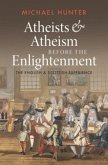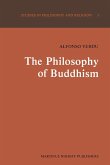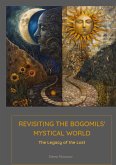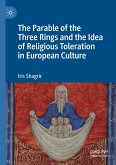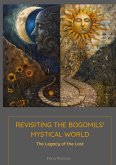This contribution to the global history of ideas uses biographical profiles of 18th-century contemporaries to find what Salafist and Sufi Islam, Evangelical Protestant and Jansenist Catholic Christianity, and Hasidic Judaism have in common. Such figures include Muhammad Ibn abd al-Wahhab, Count Nikolaus Zinzendorf, Jonathan Edwards, John Wesley, Jean-Jacques Rousseau, and Israel Ba'al Shem Tov. The book is a unique and comprehensive study of the conflicted relationship between the "evangelical" movements in all three Abrahamic religions and the ideas of the Enlightenment and Counter-Enlightenment. Centered on the 18th century, the book reaches back to the third century for precedents and context, and forward to the 21st for the legacy of these movements. This text appeals to students and researchers in many fields, including Philosophy and Religion, their histories, and World History, while also appealing to the interested lay reader.
Bitte wählen Sie Ihr Anliegen aus.
Rechnungen
Retourenschein anfordern
Bestellstatus
Storno



